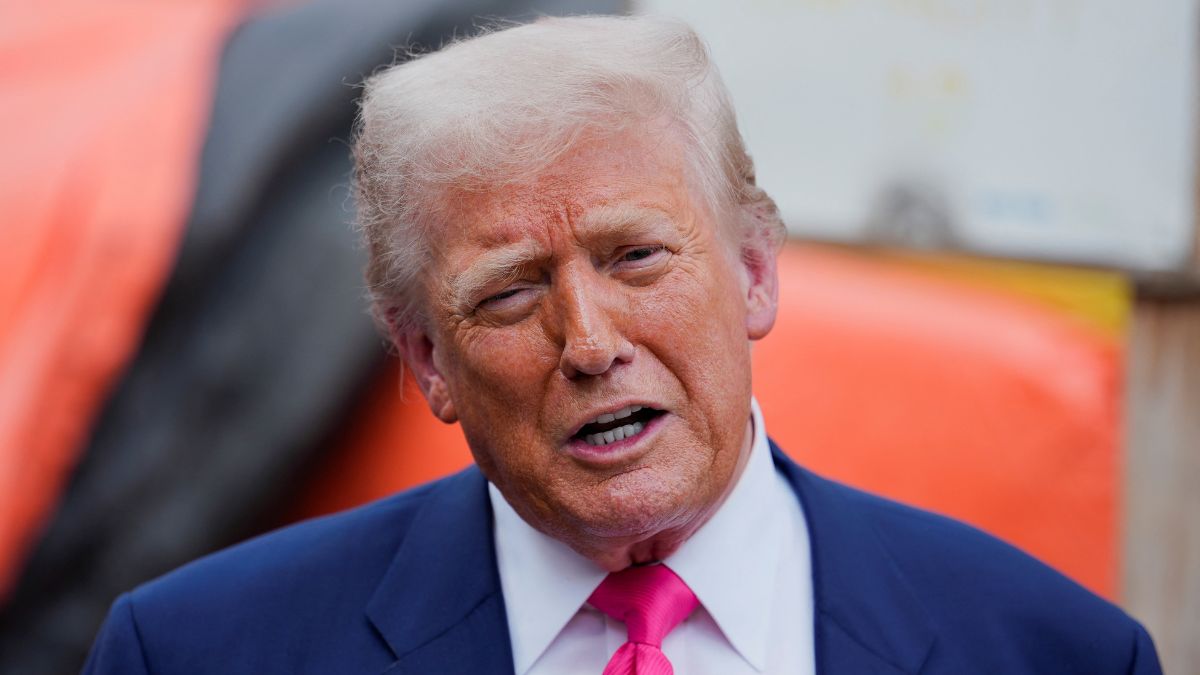

Former U.S. President Donald Trump has claimed that his intervention, leveraging trade pressure, successfully de-escalated the recent deadly clashes between Thailand and Cambodia. The dispute, rooted in long-standing territorial disagreements and ambiguities stemming from early 20th-century Franco-Siamese treaties, reignited in May 2025 and escalated into open conflict in July.
The clashes, marked by artillery fire, airstrikes, and troop movements, resulted in at least 34 fatalities and displaced over 168,000 people on both sides of the 800-kilometer (500-mile) border. The conflict's resurgence was triggered by a May 28th skirmish and followed months of simmering tensions. The situation deteriorated rapidly, leading to the closure of border crossings and the recall of ambassadors.
Trump, posting on Truth Social, asserted that he spoke with the leaders of Thailand and Cambodia and conveyed that the U.S. would halt trade agreements with both countries if hostilities persisted. He stated that both sides subsequently agreed to meet and negotiate a ceasefire. Cambodian Prime Minister Hun Manet confirmed his country's commitment to an immediate and unconditional ceasefire, stating that Trump assured him Thailand had also agreed to halt attacks.
Thailand, while expressing cautious support for a ceasefire, emphasized the need for "sincere intention" from Cambodia and called for bilateral talks to discuss concrete steps toward a peaceful resolution. Acting Prime Minister Phumtham Wechayachai is set to attend talks in Malaysia, responding to an invitation from Malaysian Prime Minister Anwar Ibrahim to discuss peace efforts.
Trump's intervention draws parallels to his previous claims of resolving conflicts through trade leverage, including assertions of halting India-Pakistan clashes earlier in the year. He highlighted ongoing trade negotiations with both Thailand and Cambodia, stating his unwillingness to finalize any deals while fighting continues. The U.S. is Thailand's largest export market, with shipments valued at $63 billion in 2024, giving the U.S. considerable leverage. The Trump administration has threatened 36% tariffs on both Thailand and Cambodia.
Despite the announced ceasefire talks, reports of artillery fire and continued clashes along the border persist, with both sides blaming each other for renewed aggression. Thailand's Foreign Ministry stated that a ceasefire could only be reached if Cambodia formally initiates negotiations, accusing Cambodia of violating human rights and humanitarian law. A Thai spokesperson characterized Trump's mediation efforts as a "separate matter," indicating that battlefield operations would continue.
The situation remains complex, with deep-rooted historical grievances and ongoing disputes over border demarcations. The success of the ceasefire talks and the prospects for a lasting resolution hinge on the willingness of both Thailand and Cambodia to engage in sincere negotiations and de-escalate tensions on the ground.